- Arakan Army’s handover of 73 Bangladeshi fishermen signals potential boost in border cooperation
- Myanmar military officers accused of profiting from dismantled homes in Sittwe villages
- DMG Editorial: A Parliament Without the People Cannot Govern Arakan
- Displaced Arakanese struggle to rebuild homes leveled by junta airstrikes
- India suspends Arakan trade route for two months after death of truck driver in Paletwa
Uncultivated monsoon paddy fields increasing in Arakan State
The number of paddy fields where monsoon paddy cannot be grown is increasing annually in Arakan State, where farming is the main business amid a shortage of labour.
20 Apr 2021
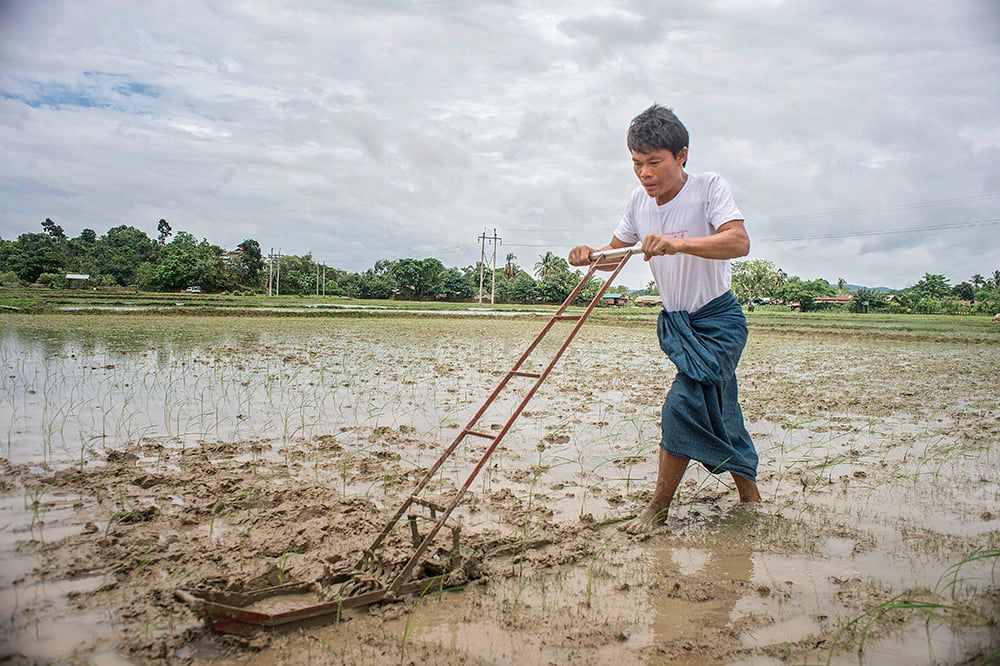
DMG Newsroom
20 April 2021, Sittwe
The number of paddy fields where monsoon paddy cannot be grown is increasing annually in Arakan State, where farming is the main business amid a shortage of labour.
A survey compiled by the Arakan Farmers’ Union in 2019 showed that monsoon paddy could not be grown on more than 200,000 acres of farmland in Arakan State, about 50,000 acres of which were due to clashes.
“Farmers do not have sufficient expenditure [budgets] to grow paddy. Another reason they cannot grow paddy is that their produce cannot cover their capital. The third reason is labour scarcity, because farm workers are working abroad,” said U Kyaw Zan, chair of the Arakan Farmers’ Union.
There are more than 1.1 million acres of farmland in Arakan State , according to figures from the AFU, most of which grows monsoon paddy.
The number of farmers abandoning farming businesses is also gradually increasing because of meagre profits in recent years.
Agricultural expenditures can be significant and farmers do not receive enough in loans, farmers said. Meanwhile paddy fields were destroyed due to extreme weather, while paddy farmers have also faced slumping prices and lower demand, they said.
Between 2016 and 2019, the paddy yield dropped 20% in Arakan State, according to a report from the AFU.
U Soe Naing, a farmer from Mrauk-U Township, said he faced difficulty getting paddy seeds, a tractor and fertiliser to grow paddy this year.
U Kyaw Zan, chair of AFU, said more advanced technology to grow monsoon paddy systematically is also required.
“The government needs to provide agricultural policy and technology for farmers,” he said.
In 2020, paddy could not be grown on about 40,000 acres in Arakan State due to clashes, according to figures from the AFU.




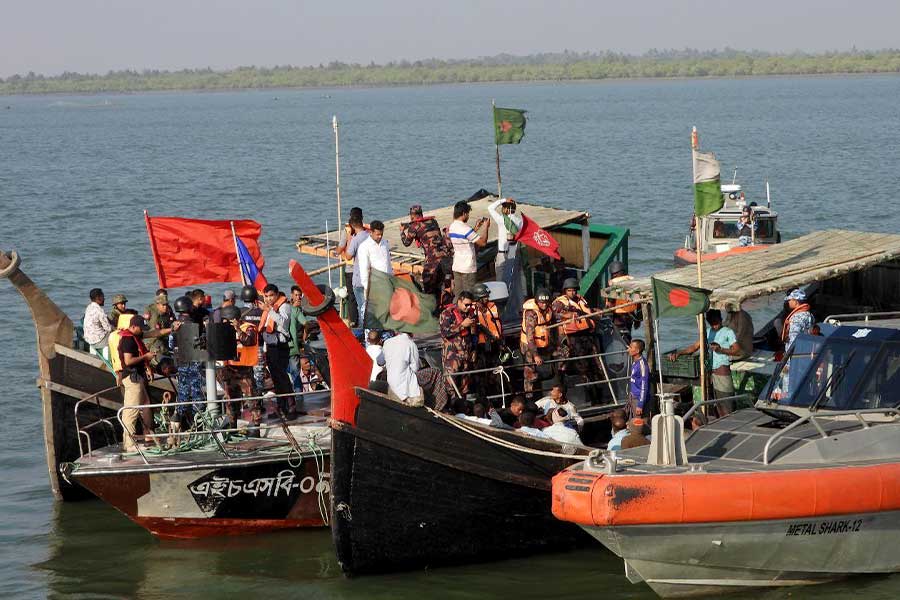
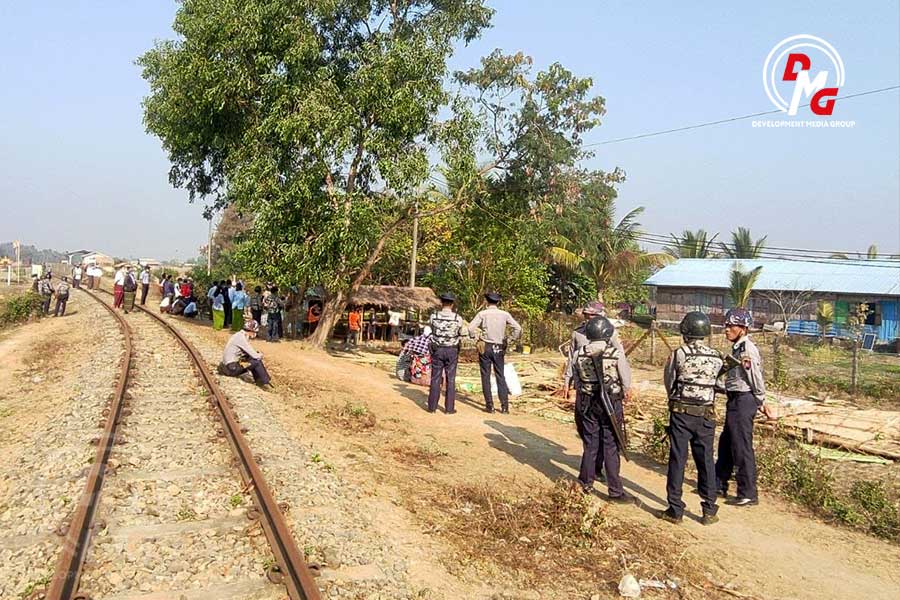
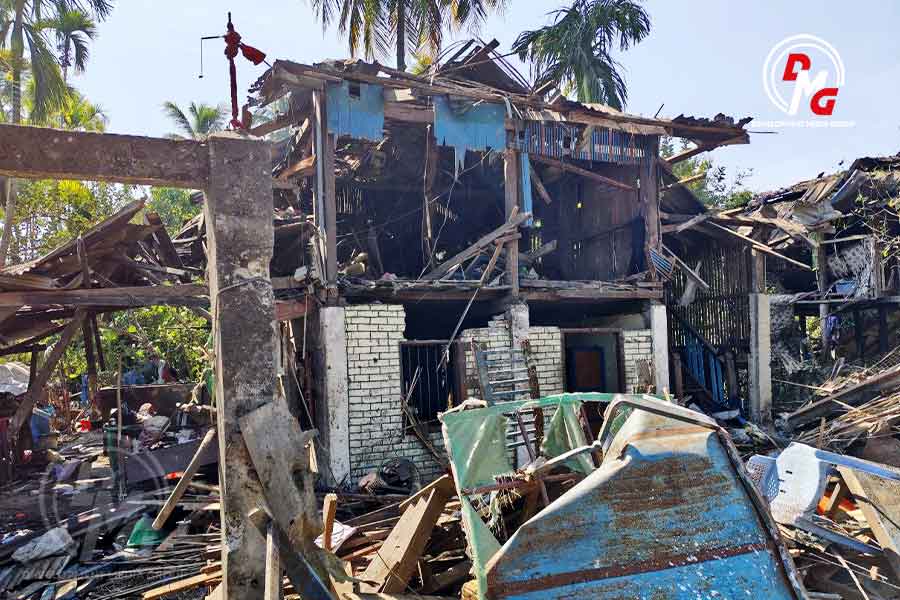
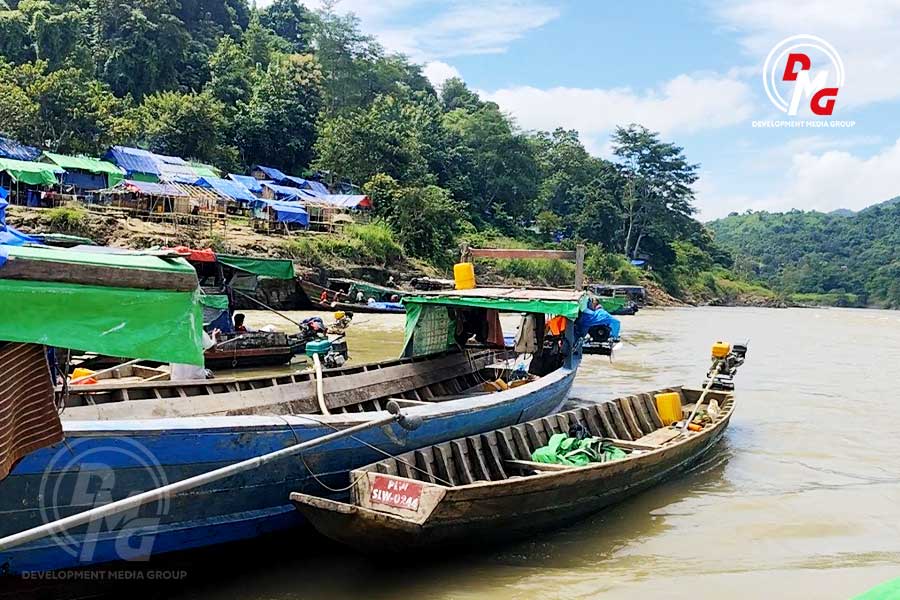
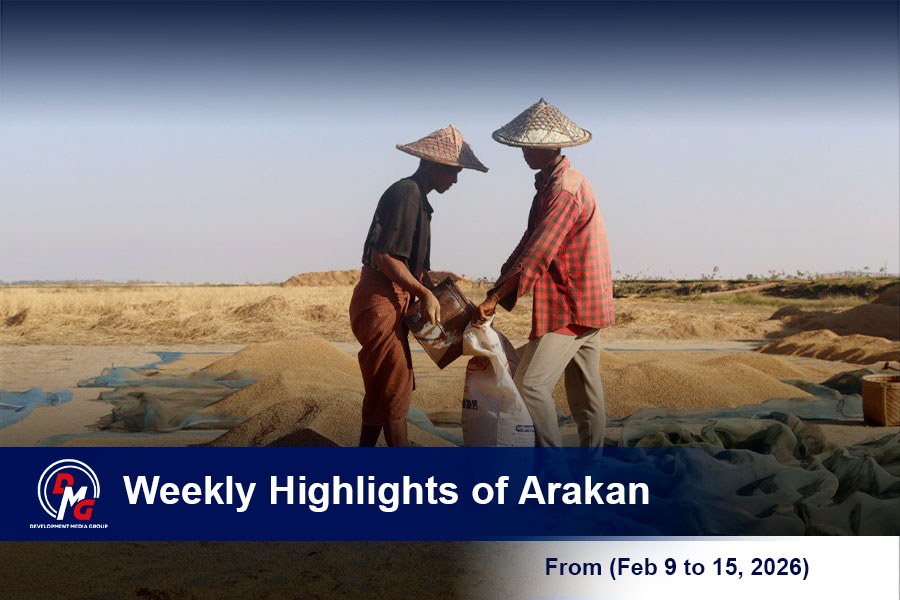







.jpg)
